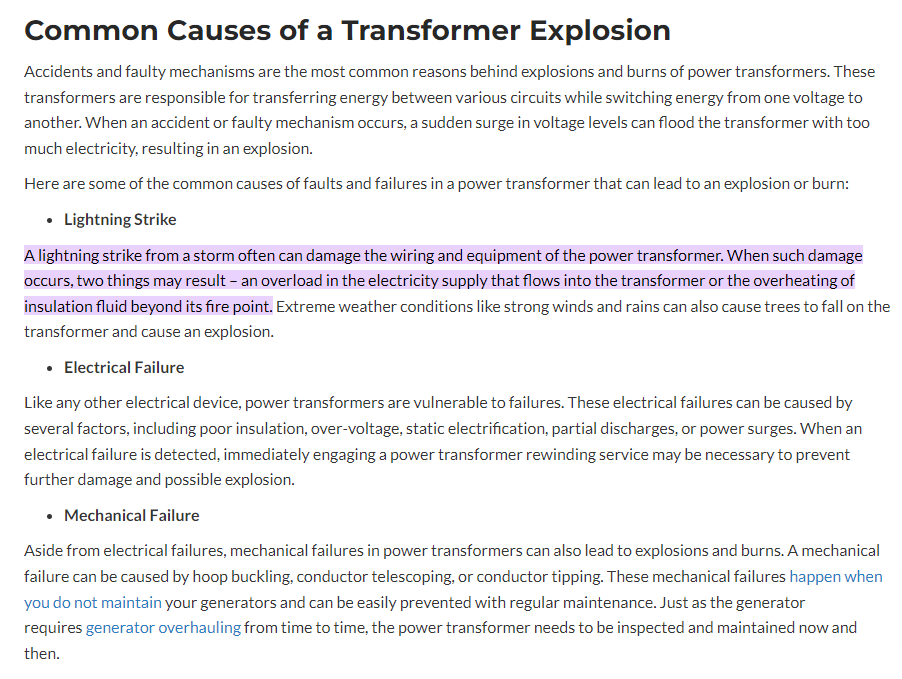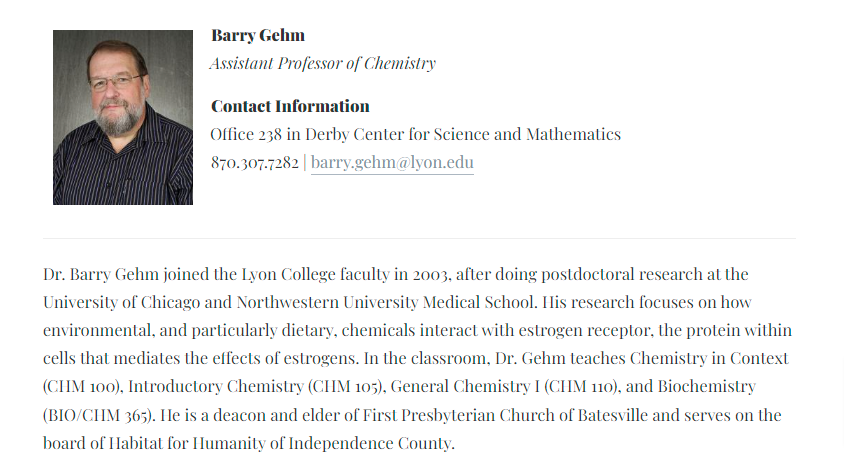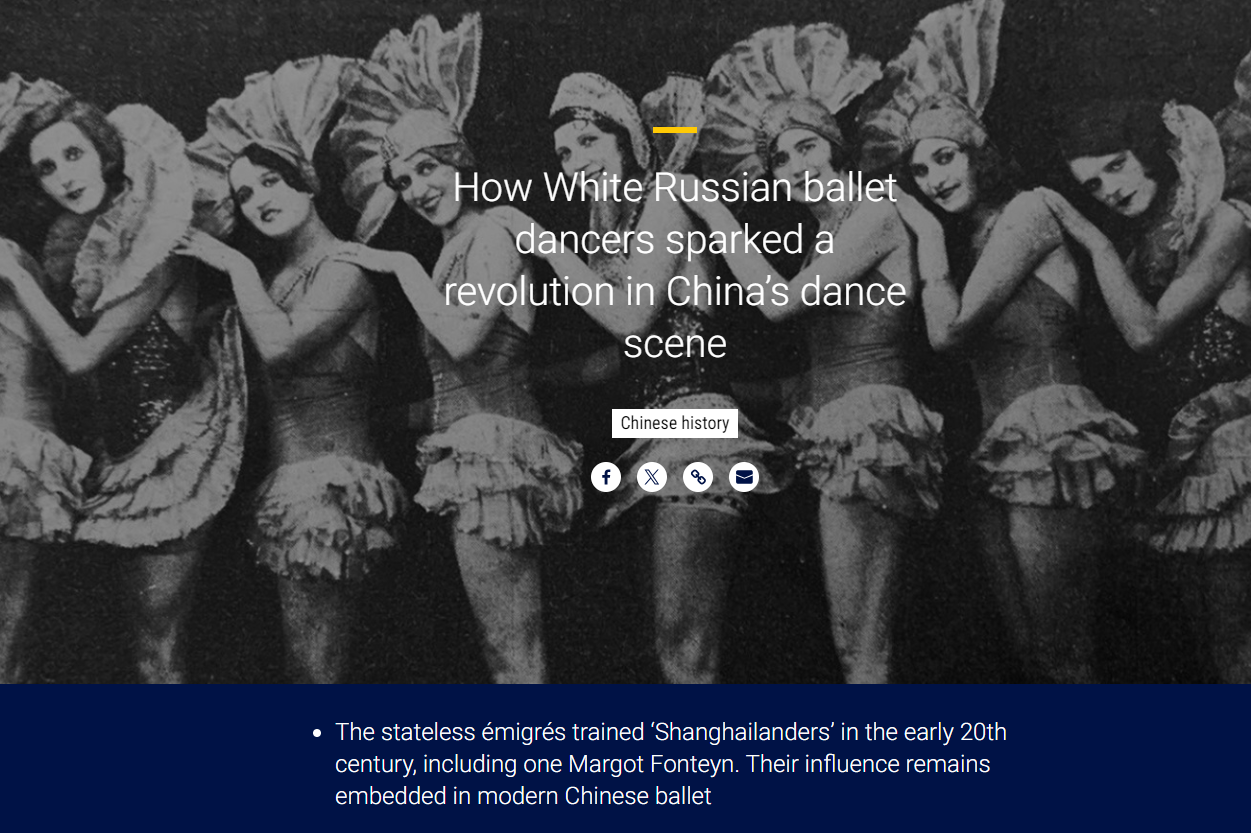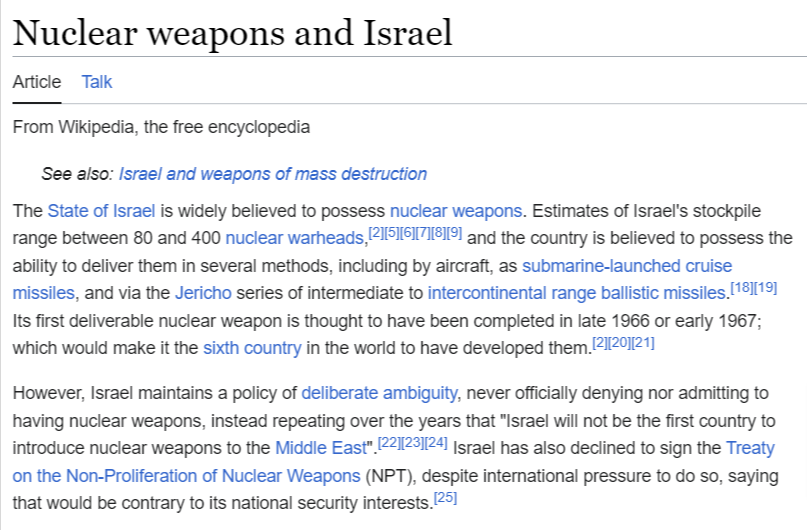-
Posts
15,472 -
Joined
-
Last visited
-
Days Won
1
Content Type
Events
Forums
Downloads
Quizzes
Gallery
Blogs
Everything posted by GammaGlobulin
-
If Big Bang, then it is a Transformer explosion, or the echo from the beginning of our Universe. Read here: https://www.mes.com.sg/2022/04/27/power-transformer-explosion-why-it-happens-and-what-to-do/#:~:text=A lightning strike from a,fluid beyond its fire point. When they explode close to your bedroom window, the sound is so loud that....it's.... SHOCKING! During the past 10 years, IMHO, the supply of reliable electric power has improved, at least around CMU, and also several other places close to the center of Chiang Mai. (A few years ago, maybe 8, these areas would experience frequent power outages every year, during the transition from the HOT Season to the Raining Season. But, not these days, it seems.)
-

Nice Diarrhea from Songkran Water
GammaGlobulin replied to NickyLouie's topic in ASEAN NOW Community Pub
Maybe wear an extra-LARGE condom on your head before venturing forth? Works for me. -
In order to qualify, one must first have less skin pigmentation. But, also, this term might not exclusively be about skin color. I suggest you do your own research, since anything I might tell you here, I know from past experience, you and others may question. Please Note: Simply put, a Farang is a Guava
-

Has Israel already built: The Doomsday Machine?
GammaGlobulin replied to GammaGlobulin's topic in ASEAN NOW Community Pub
Yes, correct. The Doomsday Machine can be positioned anywhere on the planet. This is the beauty of Cobalt-Thorium G. "Cobalt-Thorium GG" might sound snappier, though, IMHO. -
I have many close acquaintances here in Thailand. And, I am an Old Friend of China. I prefer the culture of China, a culture which is the product of the past few thousand years of education. I like smart and intelligent people. Personally, after driving from Texas to Belize, I was thankful and grateful to get out of that disgusting place, Mexico. I ate at the best restaurants in Villahermosa, which are considered quite good by Mexicans. I enjoyed the food, but it soon became tiresome. Mexican food is more for the birds, than for me. And, as I stated just above: I like smart and intelligent people.... The table here makes my point. East Asia and SE Asia is far better for me, especially considering that I am an Old Friend of China....
-
I think I should set up motion detectors in my house. IF, there is no movement during a period lasting more than 12 hours, then I will rig it to set off an alarm, or some pre-recorded voice message. Not sure yet what message to record. But, when the neighbors hear my amplified voice message, then they will know what to do. As I say, I don't want to stink up the place.
-

Phuket’s ‘Russian invasion’ – they’re here to stay
GammaGlobulin replied to webfact's topic in Phuket News
I am a huge fan of Russians! People like Shostakovich, Rostropovich, and Rodion Raskolnikov. Keep in mind that even Rostropovich was well known for his excessive and very earthy appetites. Yet, his cello playing was priceless. -

Phuket’s ‘Russian invasion’ – they’re here to stay
GammaGlobulin replied to webfact's topic in Phuket News
Do the Russians read TV comments? -
I agree that it would be best, for all, including me, to drop dead, or be run over, in the street. I sometimes worry about stinking up the place, after all. I plan to remain alive, and hanging around here, for about 10 more years. I hope to not live as long as Chomsky, unless I can live as comfortably as he does now, and provided my mind stays as much intact, as his, and my eyesight does not deteriorate. Although, I would not wish to lose so much of my hearing, by age 94, as has, unfortunately, been the case with Noam. I did not realize that my property would be searched for papers, which will eventually find their way to the embassy. Maybe I should be more careful, and burn papers beforehand, way in advance, and then scan everything and store on the encrypted SSD that I plan to attach to my new super-desktop-computer, running OpenSUSE Linux. Anyway, thank you for the additional information. I will need to give this more thought, and then act or NOT act, accordingly.....
-

Phuket’s ‘Russian invasion’ – they’re here to stay
GammaGlobulin replied to webfact's topic in Phuket News
If these Russians, newly arrived in Thailand, are not White Russians...then.... What Color ARE They? (Look at the Muscular Legs on some of these White Russian girls! Ballet is great exercise.) https://www.scmp.com/magazines/post-magazine/long-reads/article/3107622/how-white-russian-ballet-dancers-sparked?campaign=3107622&module=perpetual_scroll_0&pgtype=article -
a. I have spent some time in Mexico. I once drove a Benz from Naples FL to Belize. b. I did enjoy the food and the environment in Villahermosa...quite a bit. As you say, very nice people there. c. I know that Mexican food is not only beans. In addition to beans, you got your guacamole and rice. Mexican food, after a few days, at least for me, is quite disgusting. d. In my view, it would be difficult to say if one culture might be better than another, just because choosing a culture depends much upon personal preference. I happen to prefer East Asian culture, as well as Thai culture, and Thai-Chinese culture, greatly, over cultures that we think of as being part of North America, Central America, and South America. I am not saying one is inherently better than another for any given person. But, I know which are better for me. e. Some guys love Mexico, and they love Belize, too. Fortunately, Mexico is cheap, and they should move to Mexico or Belize. I hate the sand fleas on the barrier islands of Belize, although the clarity of the ocean water there, and the color of the sea, is magnificent. f. Anyway, wherever I am shot, and by whomever, the result will be the same, and no great loss to TV. Someday, or maybe never, I will just stop posting without any forewarning, and then you may mourn my passing, if you wish. And so, maybe this is just my way of warning you that, if I am shot and killed, I may stop posting on TV, quite suddenly. g. I am not prejudiced or biased against Latinos. However, I find their culture distasteful, although...I guess..... Hemingway loved the Latinos, before he pulled the trigger on this favorite shotgun....
-
90-percent, maybe 95-percent, correct. I am intrigued by the idea of doing nothing, just because I feel that there should be no need for me to do anything, if this is my choice. I am, therefore, interested in knowing, while I am still alive, what may happen after an old Farang dies, having made zero preparations. Still, I do not wish to cause difficulties for the landlord, and so I must take this into account, and perhaps write a DIY document concerning this. Also, the material things left behind, do doubt might be of some good use to another, and for years, after I have become a Dearly Departed. This is why I posted this Topic, which I know must be of interest to all, in one way or another.
-
I think you may not grasp my logical thinking, completely. Here is my logic about gun violence in Texas vs Thailand: a. I love Thailand/Thai culture. b. I love Thai cuisine. c. I am here in Thailand, by choice. d. I like to meet Thai people who enjoy Thai cuisine, and share Thai food together, at table. a'. I hate Mexican/Latino culture. b'. I hate most Mexican food, just beans, beans, black beans, and beans. c'. When meeting Mexicans in Texas, this is NEVER my choice. d'. I dislike meeting Mexicans who enjoy munching Burritos, and I have never shared a table with one. In Conclusion: For me, it would be far better to be shot and killed by someone from Thailand, because I am here by choice, and because Thai cuisine is the second-best in the world. For me, it would be a tragedy to be shot and killed by some Latino Burrito-munching Bandit, breaking into my house, wearing some Pearl-Jam Bandana wrapped around his head, ...like some others in this world that I know of.... So, this is my logic. And, this is why I feel so safe in Thailand, and feel NO NEED of a firearm while in Thailand.
-

Has Israel already built: The Doomsday Machine?
GammaGlobulin replied to GammaGlobulin's topic in ASEAN NOW Community Pub
There would be NO NEED to deliver the 5-megaton yield bomb to TA city, via missiles. -
a. This is why I was much happier here in Thailand during the pandemic. Far, FAR, fewer crazy Farang! b. I hate tourists. To me, they are just scum, no matter if you find them in Naples, FL, or anywhere. c. I also do not like uneducated foreigners. And I am not talking about the education you find in schools, mostly. d. Where is Anutin when I we need him most? One more note: I would not be surprised if the four-years of pandemic have changed society for the worse, these days. Many of the foreigners coming from other countries seem even less socialized than they once seemed to be. I have nothing to do with Farang, here in Thailand. This is the way it must be, for me. I like Farang, but only the Farang sporting PhD's from major universities, such as Columbia, Penn, Princeton, and McGill. At least, one knows that the PhD's teaching at these elite schools have been properly vetted...which is...The way I like it. It's been years since I have talked to a Farang...back in 2020, for about 20 minutes, and on only one occasion. Before that....2016....not a Farang, but a female foreigner from Taiwan, who was nice, but no genius, certainly!
-
I need no Permit to Carry, anyway, in any state. Why? a. Guns, I have found, are just too heavy to carry around, especially when wearing shorts, or out walking/jogging, or while at the beach, swimming. b. In PA, USA, I had a Permit to Carry, and I had a holster for my Colt 0.45 1911 Nickel Plated automatic (not the shiny finish!!!!). The problem was that it was just too....HEAVY! c. Most people do not know how heavy a true Colt 0.45 can be, with a full clip, when hanging on a belt, even if wearing jeans. d. Also, one just feels EXCEEDINGLY STUPID walking around (away from the practice range), maybe at a fine-dining establishment, with expensive slacks, and a belt drooping on the right side due to hanging 1.1 kg from your trouser loops. Just a bad look, folks!!! This is why I will never need a Permit to Carry, in any state....maybe.... Please Note: If you intend to walk around, with your gun full, instead of empty...then.... Please add 0.3 Kg to the weight I listed above, for a whopping 1.4 Kg total hanging off you.
-

BREAKING NEWS! Iran potentially triggers World War 3
GammaGlobulin replied to george's topic in The War in Israel
Why are wars, seemingly, and especially in the ME, always fought over oil, or water, or olives oil? -

Has Israel already built: The Doomsday Machine?
GammaGlobulin replied to GammaGlobulin's topic in ASEAN NOW Community Pub
Believe me....I have NOT forgotten them!~!!! And, neither have I forgotten the love of my life, David Bowie, singing about Armageddon, for sure...... Have always loved Bowie. He never lies to us...maybe.... -

Has Israel already built: The Doomsday Machine?
GammaGlobulin replied to GammaGlobulin's topic in ASEAN NOW Community Pub
So then....HOW/FROM WHERE did much of the nuclear tech and weaponry originate? Maybe Wikipedia is a good place to begin for finding more research sources: Also, many states, and pseudo-states .... Just LOVE ambiguity. But, so far, nobody there has mentioned The Doomsday Machine, ambiguously, or otherwise.














